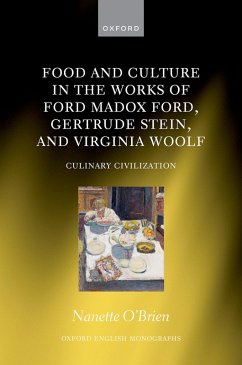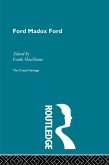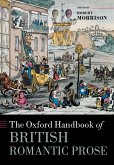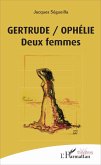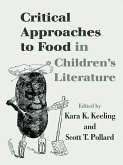Writing about food has long been a part of autobiographical expression that combines culinary record-keeping and histories, drawing on the personal and the cultural. Concentrating on the transatlantic work of Ford Madox Ford, Gertrude Stein, and Virginia Woolf, this book illuminates modernist uses of the terms 'civilization' and 'barbarism', showing how these concepts are shaped by the rules of preparing and eating food in literature and in public. Nanette O?Brien introduces the concept of 'culinary Impressionism' as an extension and repositioning of current scholarly thinking about Ford's literary Impressionism and his synesthetic writing about cookery and small farming. She also presents a new reading of Stein's crafting of her modernist authority as interlinked with her cooks, and shows Stein's and Toklas's jointly authored unpublished cookbook draft as evidence of their direct authorial collaboration and of Stein adapting domestic culinary techniques into her other writing. O?Brien goes on to present new archival research demonstrating that Virginia Woolf's representation of the financial and culinary difference between men's and women's dining in colleges at the University of Cambridge is justified and the material inequality was in fact worse than previously understood. This disparity in institutional food intensifies Woolf's later reimagining of the term 'civilization'. While drawing on themes of modernism and life-writing, the everyday, domestic life and gender, the book argues that food is a vehicle for positive modernist re-conceptions of civilization.
Dieser Download kann aus rechtlichen Gründen nur mit Rechnungsadresse in A, B, BG, CY, CZ, D, DK, EW, E, FIN, F, GR, HR, H, IRL, I, LT, L, LR, M, NL, PL, P, R, S, SLO, SK ausgeliefert werden.

